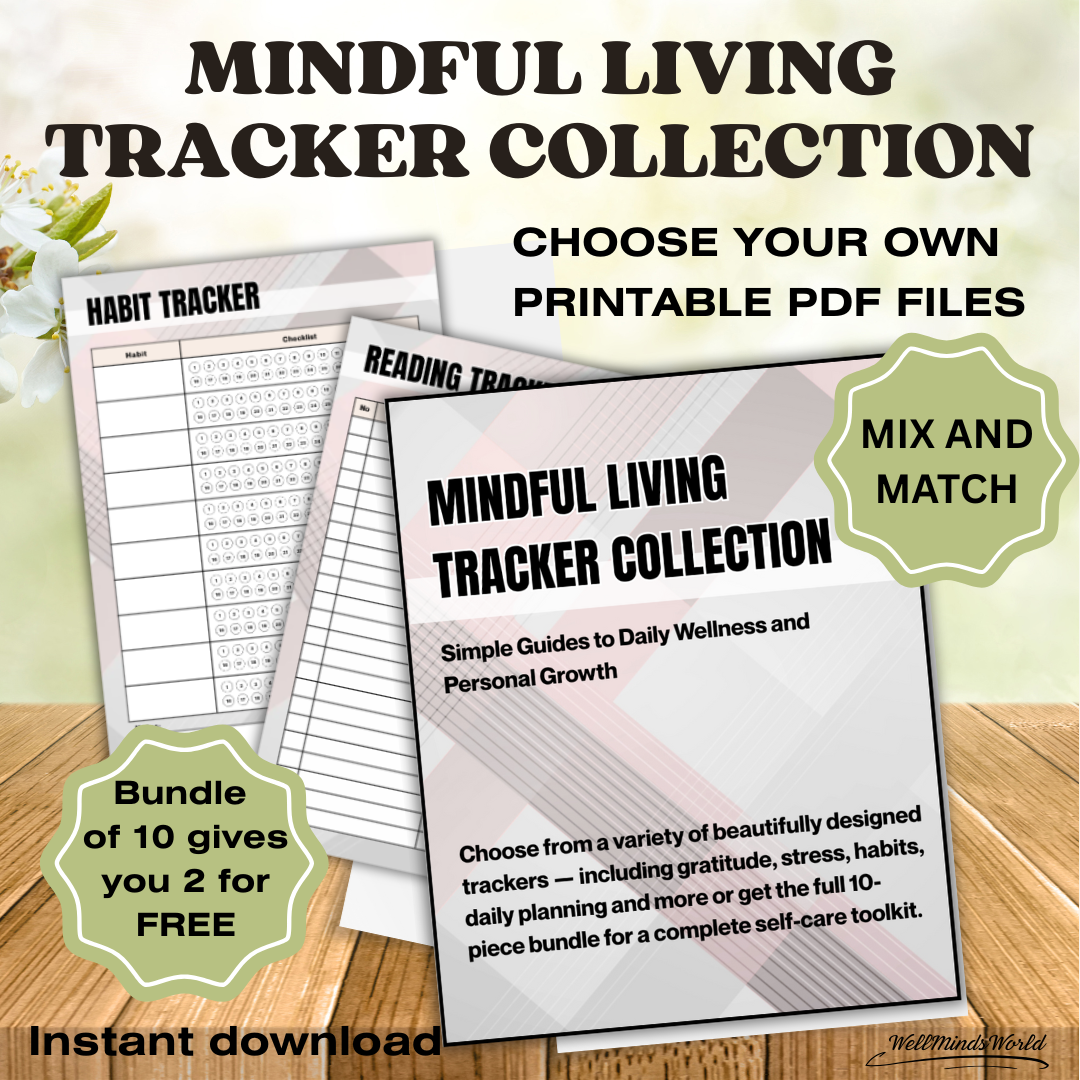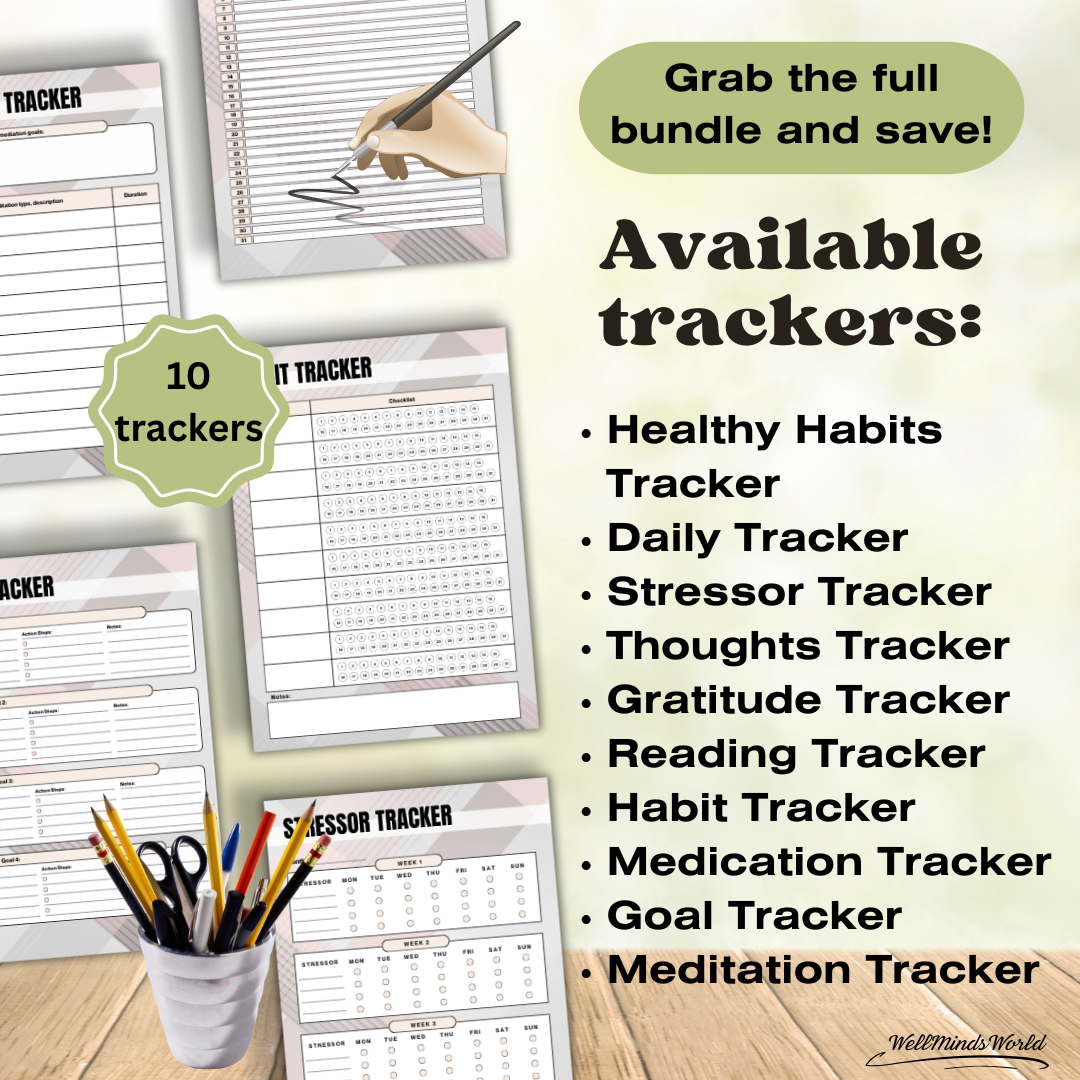Introduction: The Problem With Self-Care Myths
You’ve probably heard it a million times: “Practice self-care!”
But what does that actually mean? If you’ve ever felt guilty for taking time for yourself or confused because typical “self-care” advice doesn’t quite resonate, then you’re not alone. Chances are, you’ve run into some of the most common self-care myths.
These myths can leave you feeling drained, guilty or even more stressed… which defeats the whole purpose of self-care.
The truth? Self-care isn’t just about pampering or indulgence, it’s about creating sustainable habits that support your mental and physical well-being. Together, in this post we’ll bust 10 common self-care myths, break down what actually works and share realistic, practical ways to care for yourself, especially when life feels a bit overwhelming.
Quick note: This post contains affiliate links and I may earn a small commission at no extra cost to you. It helps support this blog and allows me to keep creating valuable content and tools for your journey. So thank you!
Now, let’s dig into the post!
Self-Care Myths #1: Self-Care is Selfish
Truth: Self-care is fundamental self-preservation, not selfishness. People who regularly practice self-care are shown to be 42% more effective at caring for others. (Journal of Health Psychology, 2021).
Put this truth into practice:
- Apply the “oxygen mask principle.” Just like on a plane, you need to take care of yourself first to effectively support those around you.
- Set one small boundary each week. Start simple – like committing to 30 minutes of alone time after work to unwind and recharge.
- Use self-affirming statements. Try phrases like “My needs matter too” or “By honoring my needs, I create more energy to give to others.”

Self-Care Myths #2: Self-Care is Just Bubble Baths & Spa Days
Truth: While massages feel nice, real self-care addresses root causes of stress. Mental health professionals highlight that long-term emotional well-being matters more than momentary pleasures.
Put this truth into practice:
- Schedule a weekly emotional check-in. Take 10–15 minutes to sit with your thoughts, journal how you’re feeling and notice any emotional patterns.
- Reframe your stress. When challenges arise, pause and ask yourself, “Is there another way I can see this?” Shifting your perspective can reduce overwhelm and build resilience.
- Set boundaries that protect your peace. Learn to say no to things that drain you and yes to what supports your emotional well-being.
Self-Care Myths #3: Self-Care Has to Cost Money
Truth: The most impactful self-care practices are completely free. Neuroscience confirms that simple acts like deep breathing can reduce cortisol levels by 20% in minutes.
Put this truth into practice:
- Try the 4-7-8 breathing method. Inhale for 4 seconds, hold for 7 and exhale for 8. Just a few rounds can bring instant calm.
- Take tech-free nature walks. Aim for at least three walks a week with no phone or distractions, just you and the outdoors.
- Start a gratitude jar. Use an old jar and scraps of paper to jot down one thing you’re thankful for each day. It’s a zero-cost habit with high emotional return.
Self-Care Myths #4: You Need Hours for Self-Care
Truth: Micro-moments of self-care are scientifically proven to boost resilience. Research shows that even short mindfulness practices – just 5 minutes a day – can lower stress levels and improve attention over time.
Put this truth into practice:
- Set alarms for 3 “mindful minute” breaks. Use these moments to breathe, stretch or simply pause and reset.
- Do seated stretches during work calls. Gentle movements can relieve tension and re-energise your body even while multitasking.
- Keep a water bottle at your desk. Staying hydrated is one of the simplest and most overlooked forms of self-care. Try a motivational water bottle like this one to track your hydration while reinforcing positive self-care habits throughout the day. See how a small, daily shift like this can boost your energy, focus and overall well-being.
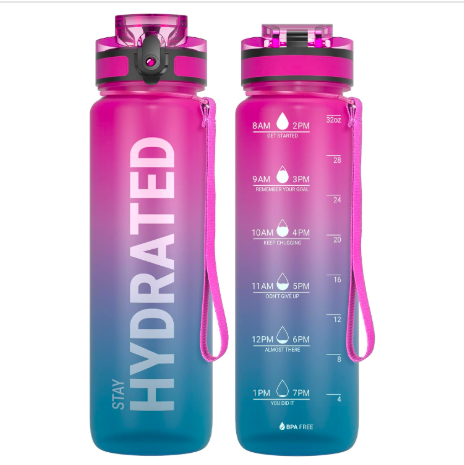
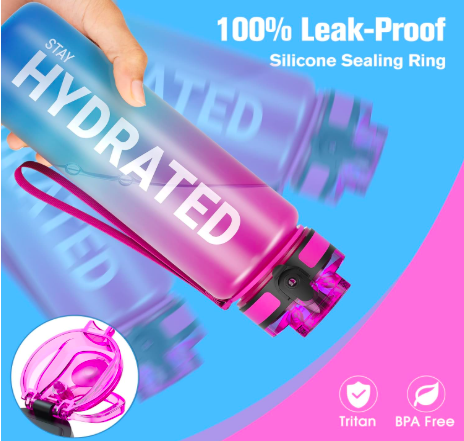

Self-Care Myths #5: Self-Care is Only for When You’re Stressed
Truth: Preventative self-care reduces future burnout risk by 65%. Think of it like brushing teeth – you don’t wait for cavities to start caring.
Put this truth into practice:
- Schedule “maintenance time” each week. Treat it like a non-negotiable appointment because your well-being is essential.
- Use the 1-1-1 method. One minute of meditation, one stretch and one hydration break – a quick, easy reset for busy days.
- Try habit-stacking. Pair self-care with existing routines. For example, stretch while your coffee brews or practice deep breathing during your skincare routine.
Self-Care Myths #6: Self-Care Means Always Saying “Yes” to Treats
Truth: True self-care sometimes means saying no to immediate gratification for long-term wellbeing. Psychologists agree that people who engage in consistent, intentional self-care tend to experience greater life satisfaction, emotional balance and long-term well-being.
Put this truth into practice:
- Try the 24-hour rule. When tempted by impulse decisions – like shopping or big commitments – pause and revisit the urge the next day with a clear mind.
- Shift how you cope. Instead of reaching for comfort food, take a short walk, stretch or practice a quick breathing exercise.
- Track mindful habits. Stay intentional with your self-care using this Mindful Living Tracker Collection – a beautifully designed tool to help you build lasting, supportive routines. It’s your daily nudge to prioritise what truly matters and keep your wellbeing front and centre. Watch how quickly your habits shift when you have a system that works for you.
Self-Care Myths #7: Self-Care is a Solo Activity
Truth: While alone time can be nourishing, real self-care doesn’t mean isolating yourself. Humans are wired for connection – quality social time has been shown to lower stress hormones by up to 39%. What’s often labeled as “self-care” can sometimes be quiet avoidance in disguise.
Put this truth into practice:
- Schedule a weekly “connection hour.” Spend intentional time with someone who leaves you feeling uplifted and seen.
- Join a like-minded community. Whether it’s a wellness group, book club or interest-based forum – connection counts, even virtually.
- Be fully present in conversations. Put phones away and practice active listening – it deepens relationships and supports emotional well-being.

Self-Care Myths #8: Self-Care is One-Size-Fits-All
Truth: Self-care isn’t universal – it’s personal. Your personality type plays a big role in what actually helps you recharge. For example, introverts may thrive on quiet solitude, while extroverts feel restored through connection and activity.
Put this truth into practice:
- Reflect on your recharge rituals. Ask yourself, “When do I feel most at ease or energised?” Then write down 3–5 activities that match your natural rhythm – these are your personal self-care staples.
- Track your energy levels. Notice how you feel after different activities to find the mix that truly refuels you, not just what looks good on social media.
- Take a personality test to discover your self-care style. Tools like the Enneagram Test can offer deep insights into your emotional needs and energy patterns. When you truly understand yourself, you can choose self-care practices that actually work for you and feel effortless. You might be surprised by what you discover, it could completely change the way you approach your well-being.
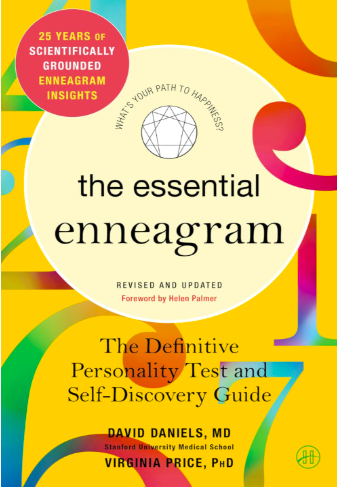
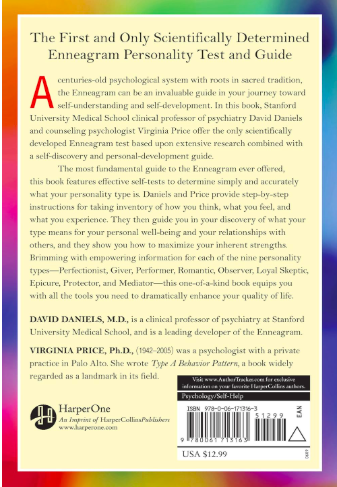
Self-Care Myths #9: Self-Care is Only Mental (or Only Physical)
Truth: Real self-care bridges both body and mind. The two are deeply connected, moving your body can boost your mood and caring for your mind can improve physical health. For example, exercise releases BDNF, a protein that acts like brain fertiliser, supporting mental clarity and resilience.
Put this truth into practice:
- Pair movement with mental nourishment. Try listening to an audiobook or podcast while walking to boost both body and brain
- Try breathwork with gentle movement. Combine slow breathing with light yoga or stretching – just 5 minutes can reset both body and mind.
- Create a calming wind-down ritual. Stretch gently, dim the lights and use a weighted blanket to help ease stress and improve sleep. A weighted blanket is especially effective because its gentle, even pressure can calm the nervous system, reduce anxiety and help you drift into deeper, more restorative rest. This simple habit signals to your body and mind that it’s time to sleep, making your nights more peaceful and your mornings more energised.
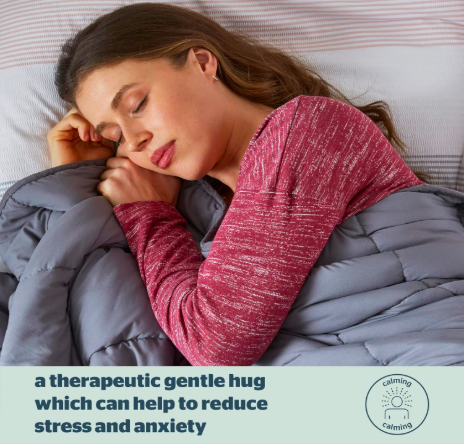
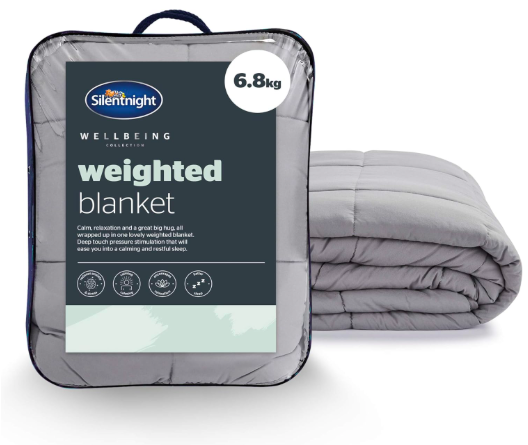
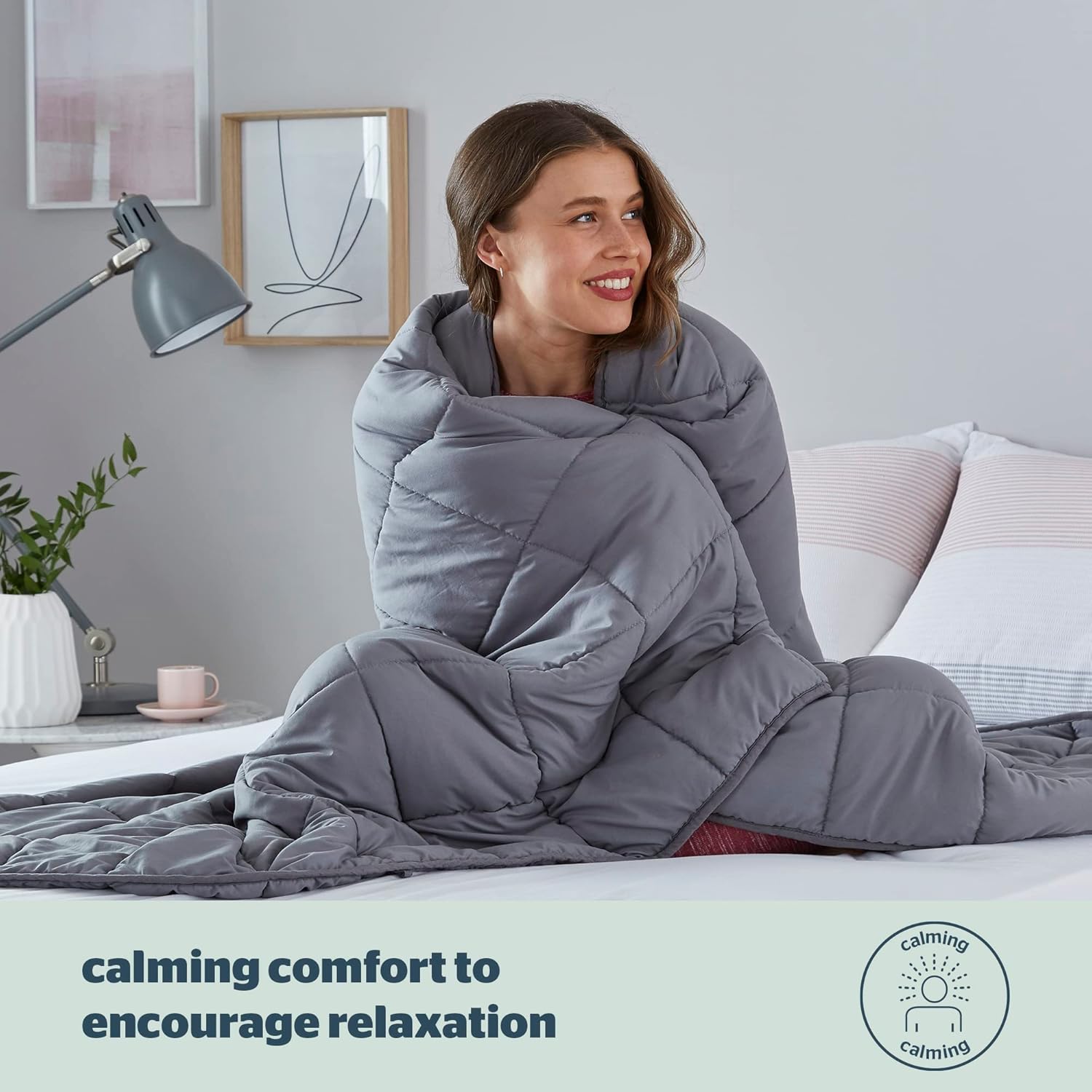
Self-Care Myths #10: Self-Care is Optional
Truth: Skipping self-care isn’t harmless, it’s harmful. Chronic stress without regular self-care has been shown to cause measurable brain changes in as little as 3 months. Self-care isn’t a luxury, it’s essential neural maintenance.
Put this truth into practice:
- Treat self-care like a prescription. Schedule it like a non-negotiable dose – your mind and body depend on it.
- Model it in everyday moments. Incorporate small self-care moments into your daily routine – like taking a minute to breathe deeply before starting your day or transitioning between tasks.
- Create a self-care station. Keep calming items like this Non-Electric Porcelain Flower Diffuser nearby to remind you to pause and reset. Discover why this simple yet elegant tool can transform small moments into powerful stress-relief rituals and see how it fits effortlessly into your day.
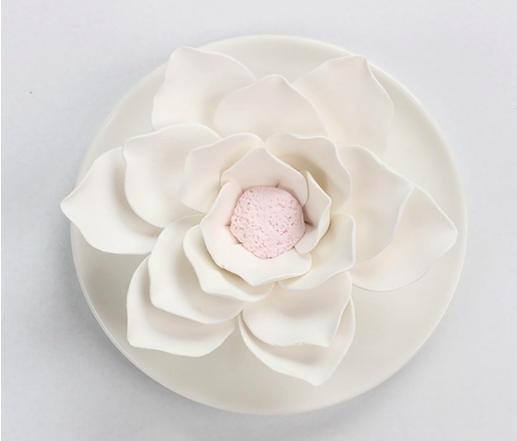

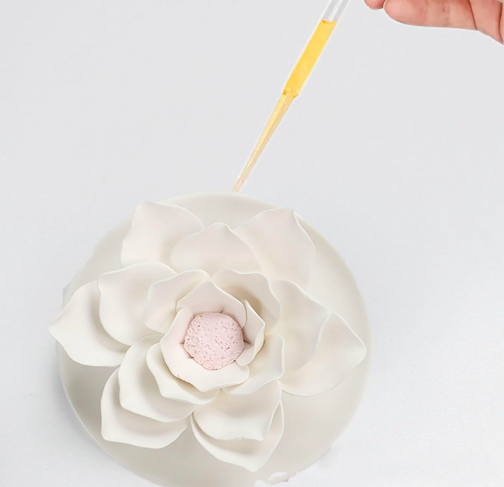
Final Thoughts: How to Actually Practice Self-Care
Self-care isn’t selfish, indulgent or optional, it’s foundational. As we’ve uncovered, real self-care is personal, practical and powerful. It’s not about fitting into a trendy routine; it’s about listening to your needs, building supportive habits and showing up for yourself with intention.
Whether you’re stretching between meetings, setting boundaries or finding joy in a quiet moment, remember: small actions compound. When you care for yourself consistently, you not only thrive – you elevate how you show up in every part of your life.
Start where you are. Choose one self-care myth to unlearn this week and give yourself permission to grow from there. You deserve care, not just when things fall apart but always.
Boost Your Well-Being: 12 Self-Care Routines You’ll Love
If you’re ready to take your self-care to the next level, check out this related post: 12 Self-Care Routines: Why Prioritising Yourself Leads to a Better Life + Discover Effective Tools That Support Your Well-Being. Discover practical routines and tools designed to help you nurture your mind, body and spirit so you can feel more balanced, energised and fulfilled every day.



